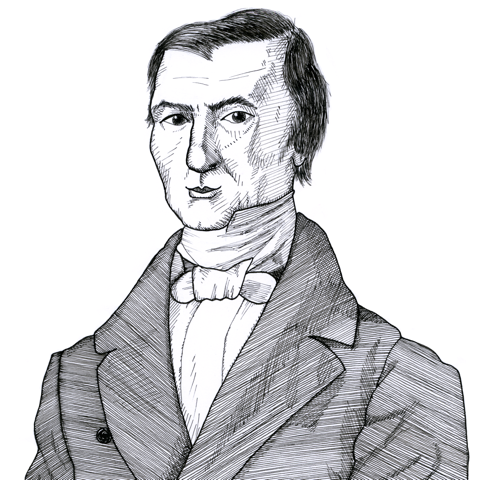
Frédéric Bastiat asks what came first, property or law? (1850)
The French political economist Frédéric Bastiat (1801-1850) argues that it is in order to defend one’s already existing person, liberty, and property that laws are made:
Law
It is not because men have enacted laws that personality, freedom, and property exist. On the contrary, it is because personality, freedom, and property are already in existence that men enact laws.
What is the law, then? As I have said elsewhere, it is the collective organization of the individual right of legitimate defense.
Each of us certainly holds from nature and God the right to defend our person, our freedom, and our property, since these are the three elements that constitute or preserve life, elements that are mutually complementary and that cannot be understood independently of one another. For what are our faculties if not an extension of our personality, and what is property if not an extension of our faculties?